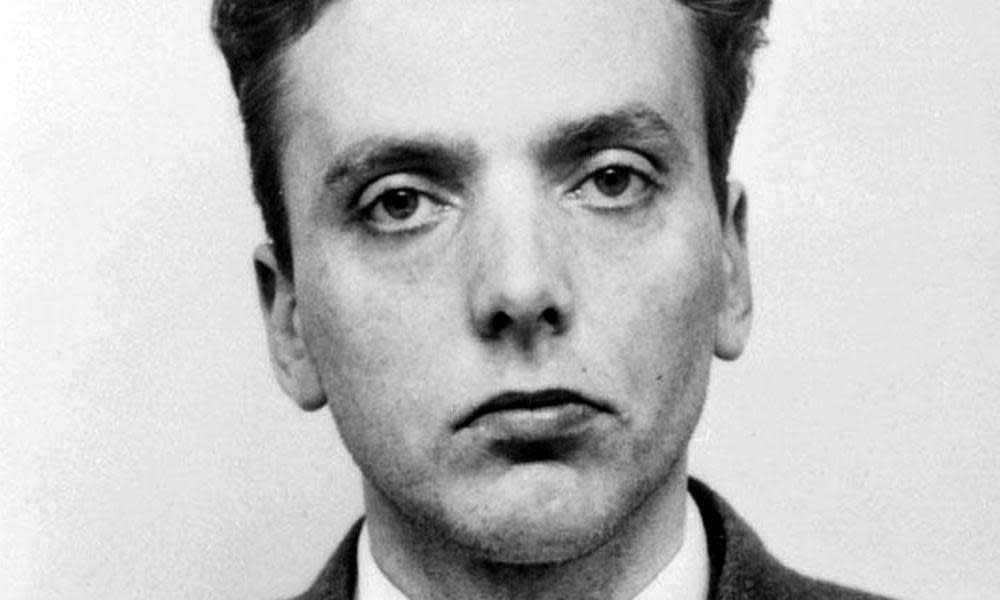Moors murderer Ian Brady loses court fight over legal representation

Moors murderer Ian Brady has been refused permission to launch a high court battle to get a lawyer of his choice to represent him at a tribunal.
Brady applied to launch what his lawyers described as a “totally unique” legal case after his solicitor of more than 25 years, Robin Makin, was denied a legal aid contract to represent him in his attempt to move to a Scottish prison.
In 2013, the serial killer, 79, who now uses the name Ian Stewart-Brady, appeared before the mental health review tribunal asking to be moved to a prison in Scotland – where he was born and brought up – so he would not be force fed and could be allowed to die. Scottish prisons do not force feed inmates.
His request to transfer was rejected after Ashworth hospital on Merseyside – where he is currently a patient – said he had chronic mental illness and needed continued care. A further review of the case was scheduled to take place in September last year, but Brady refused to take part unless his lawyer of choice could represent him.
Brady and Myra Hindley were convicted of luring children and teenagers to their deaths. The couple’s victims were sexually tortured before being buried on Saddleworth Moor. Hindley died in hospital, still a prisoner, in November 2002 at 60.
Makin is currently barred from acting as Brady’s publicly funded legal representative because his solicitors’ firm, E Rex Makin & Co, is not a member of the Law Society’s mental health panel. Under legal aid rules, only members are entitled to a publicly funded contract in the mental health law category.
After a hearing held in London last week, Justice Morris on Monday dismissed Brady’s application for permission to seek judicial review, ruling that it had “no realistic prospect of success”.
Morris said nothing in the European convention on human rights or in case law supported “the proposition that in civil proceedings, in particular proceedings related to detention on the grounds of mental health, there is a right to publicly funded representation for a lawyer of choice”.
Brady’s legal team, who say the prisoner has been bedridden for the last couple of years, argued that the lord chancellor, Liz Truss, should use her powers to “make arrangements” in the case because it was so unique. However, Morris said it would not be a “lawful and proper use of her power” for her to intervene.
Lawyers acting for Brady have described him as terminally ill. “He is in very poor physical health – he suffers from emphysema and has constant oxygen and a nebuliser four times a day,” they said.

 Yahoo News
Yahoo News 
